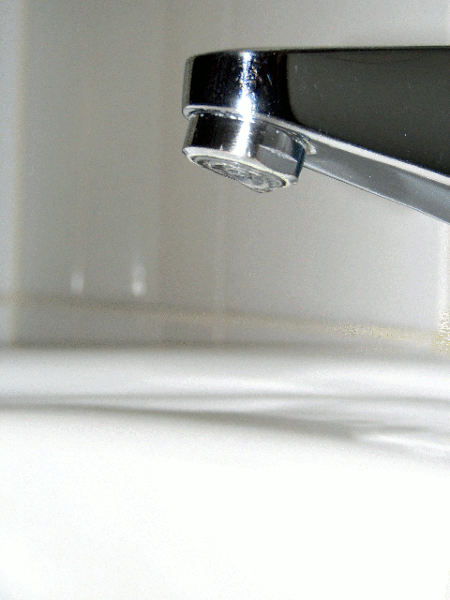Trickle Down Reality

Real World Trickling
"Trickle-down theorists are quick to object that higher taxes would cause top earners to work less and take fewer risks, thereby stifling economic growth. In their familiar rhetorical flourish, they insist that a more progressive tax system would kill the geese that lay the golden eggs. On close examination, however, this claim is supported neither by economic theory nor by empirical evidence."
"The surface plausibility of trickle-down theory owes much to the fact that it appears to follow from the time-honored belief that people respond to incentives. Because higher taxes on top earners reduce the reward for effort, it seems reasonable that they would induce people to work less, as trickle-down theorists claim. As every economics textbook makes clear, however, a decline in after-tax wages also exerts a second, opposing effect. By making people feel poorer, it provides them with an incentive to recoup their income loss by working harder than before. Economic theory says nothing about which of these offsetting effects may dominate."
"If economic theory is unkind to trickle-down proponents, the lessons of experience are downright brutal. If lower real wages induce people to work shorter hours, then the opposite should be true when real wages increase. According to trickle-down theory, then, the cumulative effect of the last century’s sharp rise in real wages should have been a significant increase in hours worked. In fact, however, the workweek is much shorter now than in 1900."
What's really trickling down are your wages:Beginning in the mid-1990's, pay increases for most workers slowly but steadily outpaced the rate of inflation, improving the living standards for nearly all Americans. But an unexpected reversal last year in those gains has set off a vigorous debate among economists over whether the decline is just a temporary dip or portends a deeper shift that may cause the pay of average Americans to lag for years to come.



























No comments:
Post a Comment